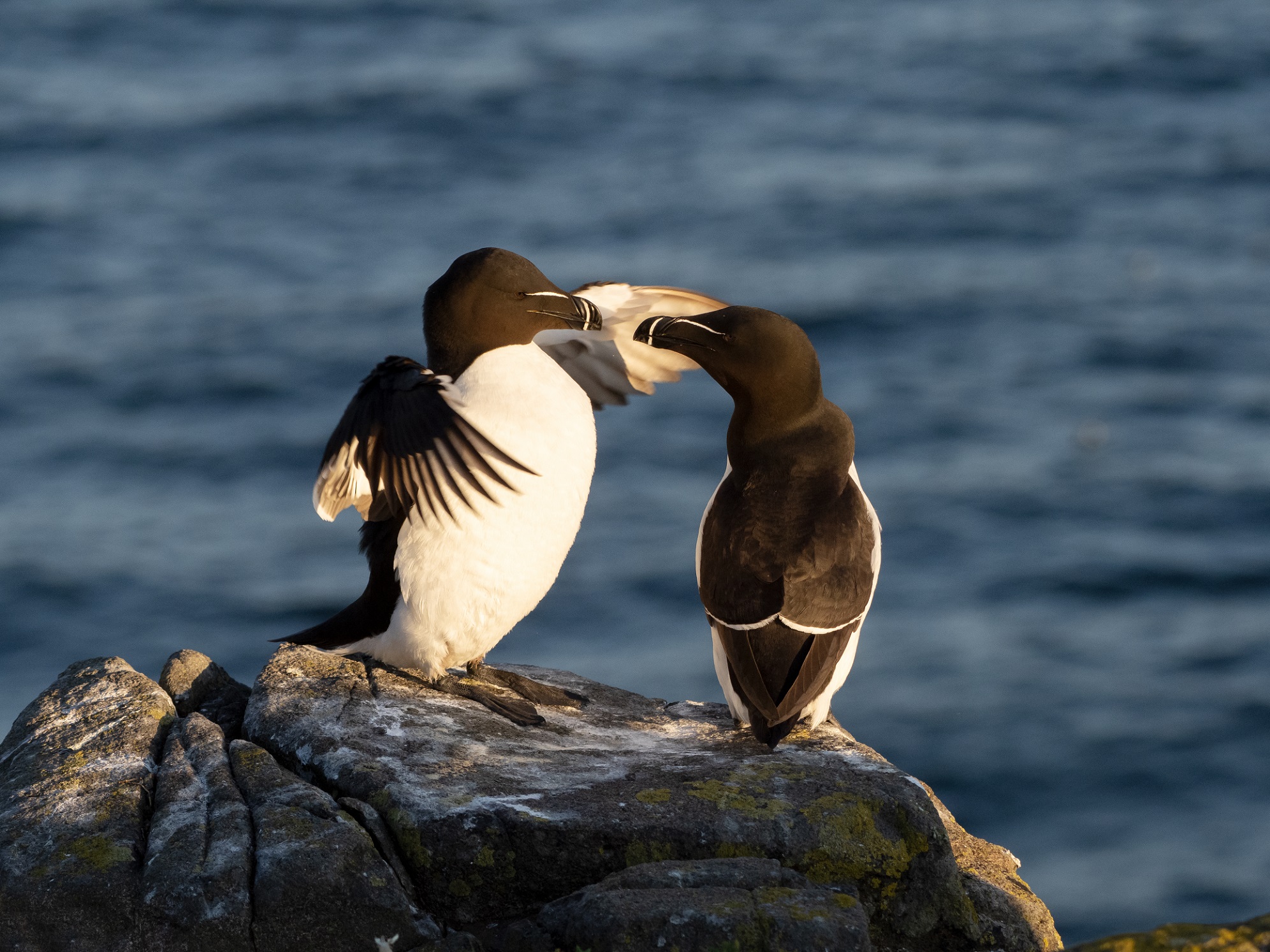
Prideful Paths
Be the first to commentPride Month emphasises acceptance and equality, raising awareness of issues affecting the LGBTQ+ community. Among the main themes in 2024 were ‘Reflect, Empower, Unite’, highlighting the nature of Pride, empowering the LGBTQ+ community, and uniting as a community to push for progress.
BTO is committed to becoming a more inclusive, and therefore more effective, organisation that embraces everyone, in turn growing the size and resilience of our supporter network. Amplifying initiatives like Pride Month is a visible demonstration of this.
This year in June we again included the rainbow colours in our logo to reflect the Pride flag, standing in support of the LGBTQ+ community and demonstrating our commitment to being more LGBTQ+ inclusive. It is well documented that discrimination, violence and hate crimes towards members of the LGBTQ+ community persist, another reason why we believe showing visible support is important.
We recognise that LGBTQ+ inclusion is demonstrated through actions and that this is something BTO is commited to in the long term, not just during Pride Month. BTO’s values, EDI (Equity, Diversity and Inclusion) statement and code of conduct show that the organisation includes, values and encourages all members of staff, volunteers and members (including those who may be interested in joining)!
BTO is also working collaboratively with BTO Youth’s Confluence of Voices group, which aims to celebrate underrepresented voices. At the end of Pride Month 2024, this collaboration resulted in a social media takeover and webinar facilitated by BTO Youth Representative Socks and BTO Principal Ecologist, Dr David Noble.
Sharing and learning
This webinar was a collaboration between BTO staff and Youth volunteers, and was an opportunity to come together, to learn about queer ecology (which endeavours to understand nature, biology, and sexuality without presuming that heterosexuality and cisgenderedness constitute any objective standard), queerness in nature, the importance of LGBTQ+ groups and staff networks, and to share personal experiences within the sector.
Queer is an umbrella term for people who are not heterosexual or cisgender. Originally meaning ‘strange’ or ‘peculiar’, it was often used pejoratively against members of the LGBTQ+ community. More recently, queer activists have reclaimed it as a positive self-description. In this article, we refer to the celebratory use of the word queer.
The speakers at the webinar were Dr Emily May Armstrong (they/them), Interdisciplinary Researcher and EDI Officer at Glasgow University, Connor Butler (he/him), Head of Learning at Chelsea Physic Garden, Richard Lazenby (he/him), Committee Member of the Gay Birders Club, and Finley Reynolds (they/he), Co-Chair of Out For Nature, an LGBTQ+ Staff Network for The Wildlife Trusts.
Challenging perspectives
Emily introduced queer ecology practices, emphasising society’s influence on science and our role as stewards of the more-than-human world. They described queer ecology as an intersectional discipline that rethinks our interactions with nature and environmental politics, beyond just nature and sexuality. Emily stressed that queer ecology challenges our perspectives and pushes the boundaries of our understanding of the natural world.
Next was Connor, known for his queer ecology walks. While his work centres on queer ecology, he welcomes anyone eager to learn. Despite challenges, especially with conservative organisations, Connor offered valuable advice on planning LGBTQ+ events for success. He noted that although ‘queer’ has been reclaimed by many in the LGBTQ+ community, it remains sensitive due to its negative history. Thus, its use should be cautious, a commitment BTO will uphold in future communications.
Our third speaker, Richard, shared his experiences with the Gay Birders Club (GBC), a social birding group connecting LGBTQ+ birders nationwide since 1994. With 300–400 members, GBC has a social media presence, a quarterly magazine and hosts various fundraising events and holidays. It coordinates the Grand Get Together every 18 months to two years, the largest LGBTQ+ birding event globally. Over the years, the GBC has raised £13,500 for BTO, providing a supportive space for fun and friendship among like-minded individuals.
Finally, Finley discussed their role with the Wildlife Trust’s Out for Nature (LGBTQ+) Network. The network supports local Wildlife Trusts at Pride events and runs its own activities. It provides a safe space for LGBTQ+ staff, offering peer support. In monthly meetings, they write statements, create blogs and videos, and organise talks and webinars. Finley, passionate about nature and science, progressed through volunteering with supportive LGBTQ+ conservationists. They now aim to make a significant positive impact through their work.
This collaboration between BTO Youth and BTO staff has been a wonderful opportunity. As part of the Confluence of Voices Working Group, we are eager to develop this focus further within BTO. The webinar fostered a deeper understanding of the LGBTQ+ community and its challenges, promoting a supportive and inclusive environment for staff to explore and learn about these complex topics.
Illustrations by Anna Dupont-Crabtree.

Young people are the future of BTO
With your help, we can do more to reach out to, connect with and support them.
Donate today
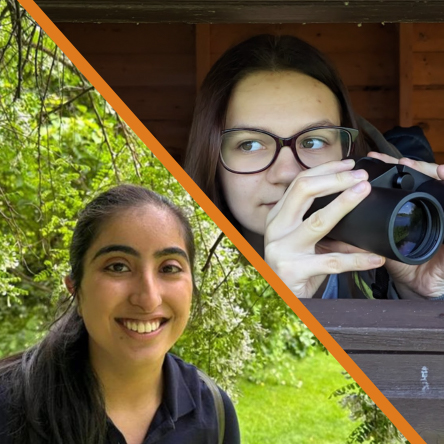









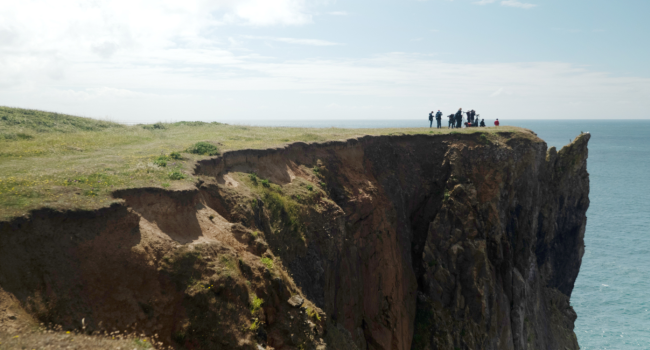
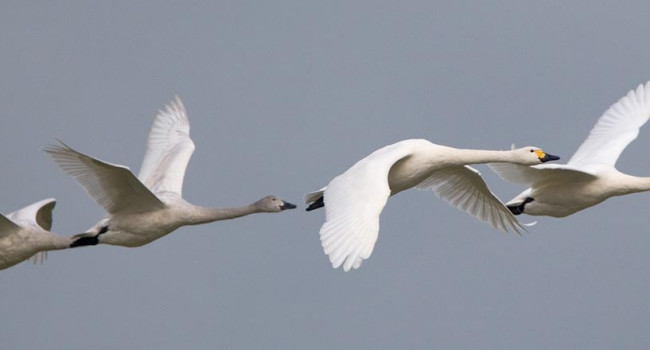

Share this page